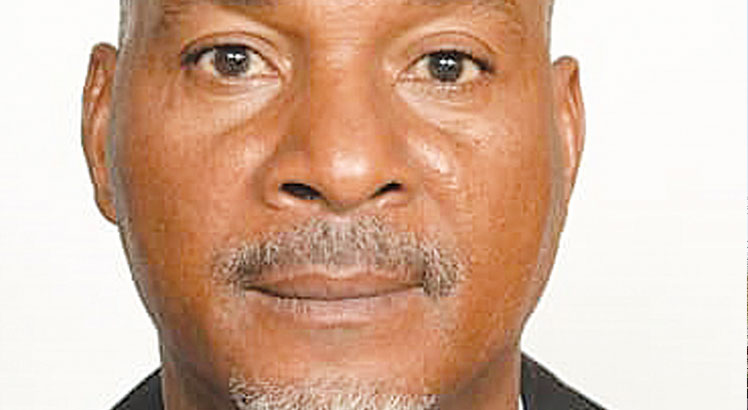Elderly pension scheme collapses
Tonse Alliance’s pledge to roll out a social pension scheme for the elderly has flopped as the Ministry of Gender, Community Development and Social Welfare has failed to secure a K9.2 billion start-up.
Through the scheme, it was announced that the elderly would pocket a K15 000 monthly allowance to ease their economic challenges.
The failure to implement the scheme has drawn condemnation from the elderly rights campaigners who argue that thousands of old people are stuck in destitution amid biting economic challenges pushing up the cost of living.
Malawi Network of Older Persons’ Organisations (Manepo) executive director Andrew Kavala said the Tonse Alliance has failed to walk the talk.
“I don’t know how Tonse Alliance will go back to the electorates in 2025 and lobby for votes when they did not do anything on this promise that was made to the most vulnerable groups,” he said.

Manepo, an umbrella body for over 60 civil society organisations implementing programmes to promote and protect the rights of older people, has been collaborating with the Ministry of Gender to roll out the scheme, mooted in the Public Sector Reforms (PSR).
In the PRS contract which the line minister Patricia Kaliati signed with President Lazarus Chakwera in 2020, the scheme was expected to be operational by June this year.
In the contract, the Ministry of Gender backed the planned rolls out of the scheme to cover gaps in social protection programmes.
“Older persons are among the poorest of the poor in Malawi with a majority of them being ultra-poor. Given the limited scope and the enormous coverage gap of the existing national social protection programmes means older people, including many of the poorest, are not covered by these programmes.
“Therefore, the introduction of the Old Age Social Pension Scheme would not only offset the existing social-economic ills the elderly are facing in the country, including being more likely to be victims of witchcraft accusations but also ensure income security to Malawians when they grow old,” reads the contract in part.
Confirming the failure to roll out the scheme, Ministry of Gender publicist Fred Simwaka said the Treasury did not allocate funds for the project.
“We were not allocated funds in the national budget for the project. It was a year of austerity measures so the government was focusing on key priority areas,” he said.
However, Simwaka said the ministry has added more elderly on the list of beneficiaries of the cash transfer programme.
“We cannot say all of them have been considered but that deliberate approach has helped partially,” he said without disclosing how many of the elderly persons will benefit from the programme.
The Manepo executive director said he was disappointed with the government’s failure to support the project despite showing signs of commitment in the early stages.
“When Tonse Alliance came to power we immediately engaged the Ministry of Economic Planning. We seemed to have moved forward and supported the government to develop an implementation plan.
“We had agreed [with the ministry] that the government should put money in the national budget for preparation of the scheme which includes shortlisting, consultative meetings and identification of beneficiaries. It is, therefore ,disappointing that we haven’t made any progress,” he said.
Kavala has since urged government to implement the pilot phase.
“We may start with those aged 80 and above. Then thereafter we can start reducing the ages until we reach 65. What we need is to have the scheme on the ground,” he said.
The National Policy for Older Persons which came into force in 2016 committed to ensure food security, proper healthcare and economic empowerment initiatives.
“It [the policy] will also promote initiatives that aim at ensuring predictable income among older persons and poverty reduction strategies that comprehensively address the needs of older persons,” it reads in part.
Kavala argued that the cash transfer programmes are far off from the policy commitment as they are unreliable and unpredictable because they are donor-dependent and do not strictly target the elderly.
In a study titled Care for older people in Malawi: A Situation Analysis, local researcher Charles Nyasa observed that the Ministry of Gender and partners were focusing on responding to social challenges facing the elderly in communities, such as introduction of cash transfer programmes and farm input subsidy schemes.
The paper called for an expansive approach which would ensure that the elderly contribute to the development of the country.
“Instead of putting effort to address individual ageing-related issues as they come, focus should be put on cultivating the potential of the elderly, particularly through investments in their health and long-term care with aims to maximise their functional ability, potential to maintain gainful employment and health-related quality of life.
“This would in the long run translate into increased consumption, increased agricultural productivity, enhanced capacity for knowledge transfer, less burden on the country’s health system,” the academics said in their study published in 2019






One Comment